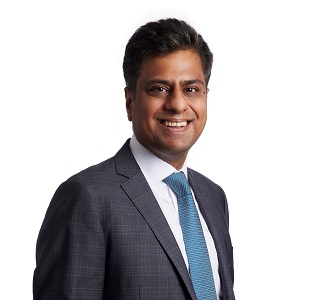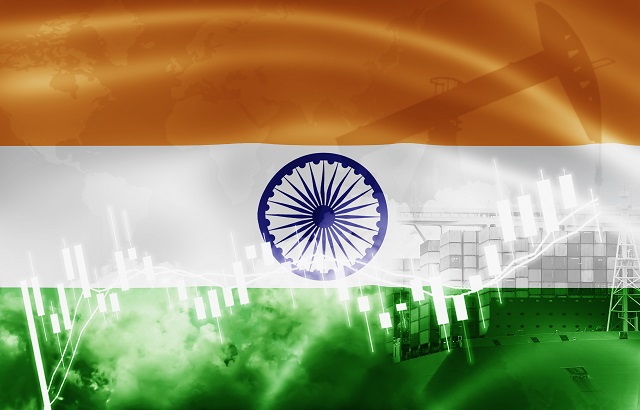Corporate India’s resilience has been severely tested over the past decade. Since 2010, there has been a long, drawn-out downturn, caused by a series of corruption and scams, a banking and financial crisis, and now a devastating health pandemic.
However, in our view, India responds best when her back is against the wall, writes Vinay Agarwal, a director and portfolio manager at FSSA Investment Managers.
This has been clear throughout history. Since India’s economic liberalisation in the 1990s, there have been several governments with different ideologies, political strength and tenures; but India has always moved forward, with political and economic reforms to accelerate growth and, by extension, the wealth and prosperity of her people.
We are confident that India can rise up from the current crisis, just as she has done in the past. India has a young population, high aspirations and growing levels of urbanisation. With 1.4 billion people, there is massive under-penetration across sectors, which should fuel growth across different categories. As disposable incomes grow, we believe consumers will buy more premium products, or start to buy discretionary products which they previously could not afford.
This includes air-conditioners (helped by the availability of financing and better electrification), property (where regulations are a tailwind for home-buyers), and financial products. These are strong structural tailwinds, which we believe should continue to propel India’s growth over the long term.
That said, our aim is not only about finding tailwinds for a particular industry or category. It is more often about finding management teams who can understand the risks and opportunities, and position themselves to sail with the winds and not against.
One example is a leading air-conditioner brand in which the chief executive is clearly considering ways to navigate the increasingly competitive landscape, and the inevitability for the air-conditioner industry to find alternatives which release less polluting gases. Looking beyond the pandemic, we believe companies like this will benefit from rising air-conditioner penetration from the current low levels in India.
Quality companies well positioned to navigate recent turmoil
The second wave of the pandemic has been challenging for the whole country, but well-managed firms are well-positioned to deal with the impact on their businesses. They have set up effective ways for their employees to work remotely and interact with their customers, suppliers and channel partners in the absence of in-person communication, and they strengthened their balance sheets during the unprecedented lockdown last year.
We have also witnessed companies’ relentless efforts to ensure the safety of their employees and local communities. The human impact of Covid has undoubtedly been devastating, and in many other countries, such measures are the responsibility of governments. In India, it has been the socially-responsible, private companies that are leading the efforts to battle Covid-19.
Companies such as Infosys, Tata Consultancy Services (TCS), HDFC Bank and Hindustan Unilever – among the largest private employers in India – have partnered with thousands of hospitals across the country to provide free vaccinations for their employees. Additionally, the IT services companies have turned their campuses into vaccination centres. Bosch, a leading auto component company, has created Covid-care facilities for the broader community on its campus; and HDFC Bank has partnered with hotels across India to provide isolation facilities and e-consultations with doctors for affected staff.
We have followed earnings closely to assess how successfully companies have emerged from the initial impact of the pandemic. We prefer high-quality companies with strong management teams, dominant franchises and solid financials. We think of risk in terms of losing money and not underperforming the index, so capital preservation is key to us.
With this mindset we seek safe, strong balance sheets, and the more liquid and bigger companies that we believe can withstand volatility better during these uncertain times. These are typically companies that have demonstrated their inherent management and franchise resilience over the course of the pandemic.

Meanwhile, although recent political events may cause short-term turmoil, we believe that they should not have a significant impact in the long run. Since the early 1990s, as the India market was opening up, there has been a government that lasted for 10 years and a government that lasted for two weeks.
However, there is always a degree of policy continuity, regardless of which government is in power. One example is the Goods & Services Tax (GST), which has been in the making for the last 15 years – a period over which there have been different governments in power from different parties and ideologies. Each of those governments took the regulation forward and enacted it.
We believe that by investing in the right companies in the right industries – particularly those with strong balance sheets and high return on capital – the politics does not matter. These companies have the potential to prosper irrespective of the political party in power.
This article was written for International Adviser by Vinay Agarwal, a director and portfolio manager at FSSA Investment Managers, part of First Sentier Investors.








